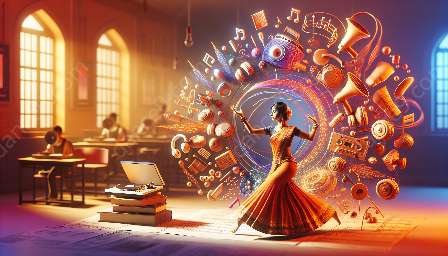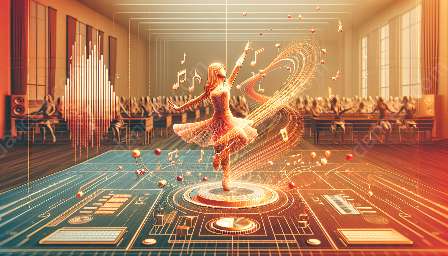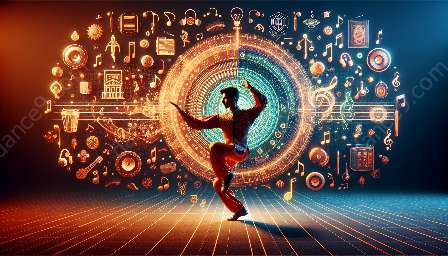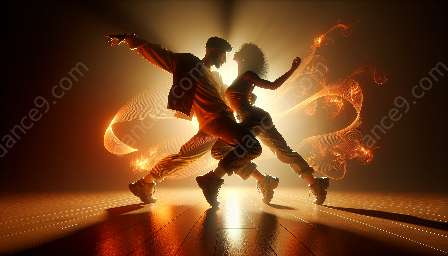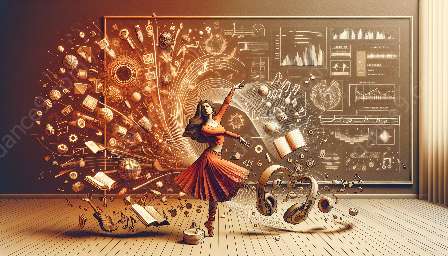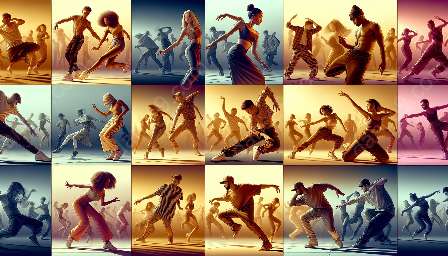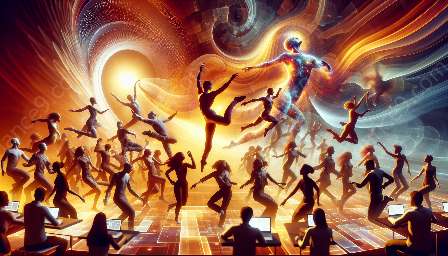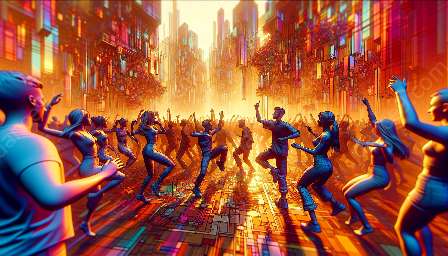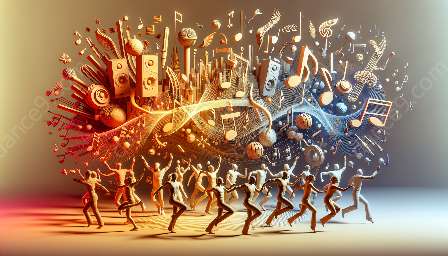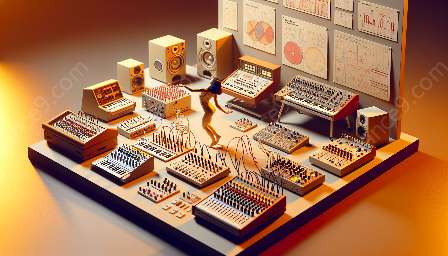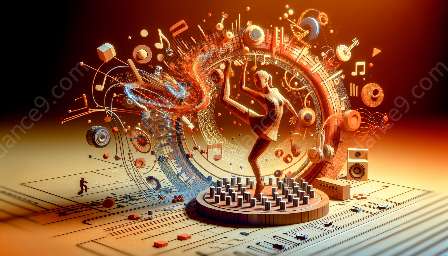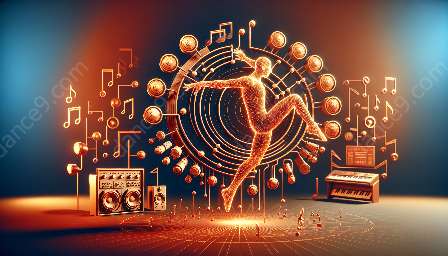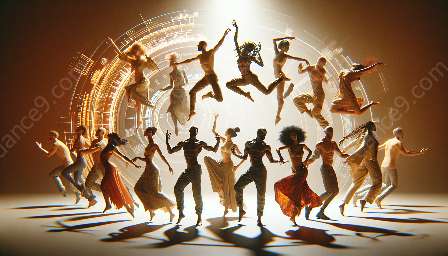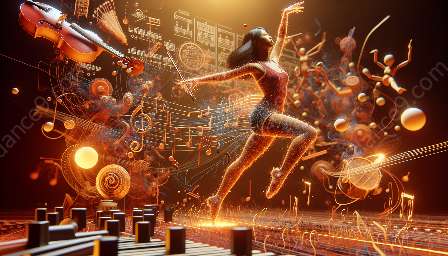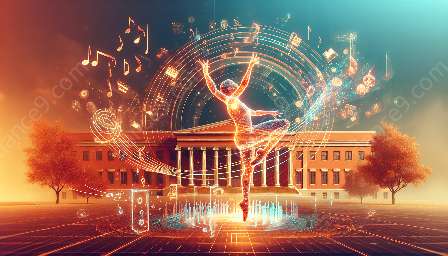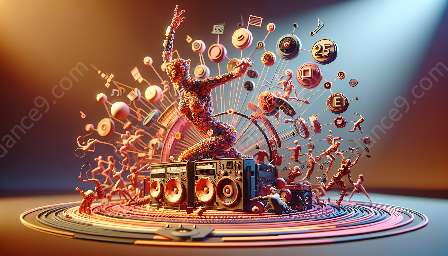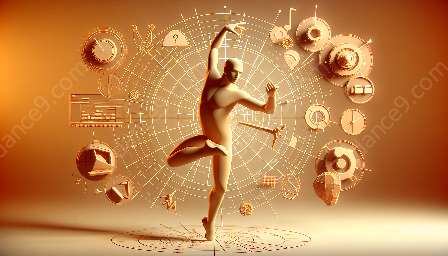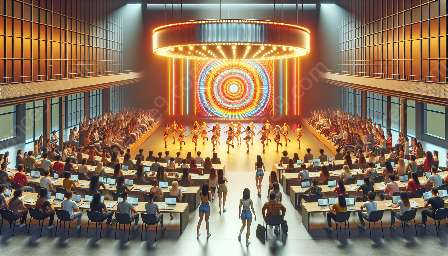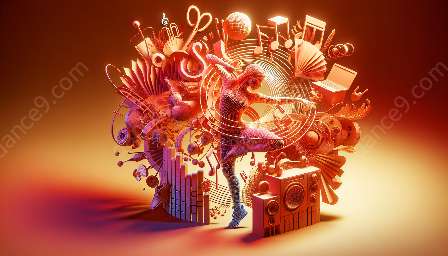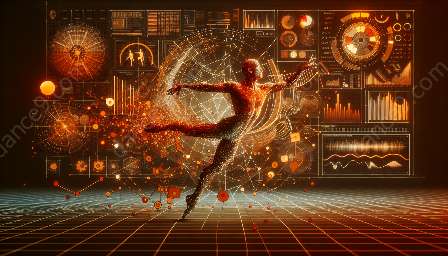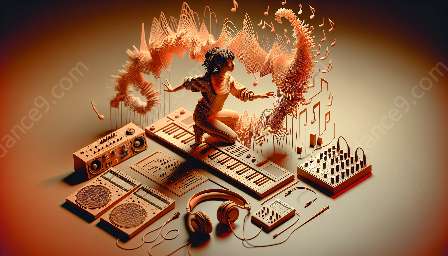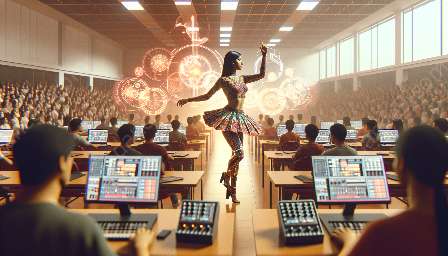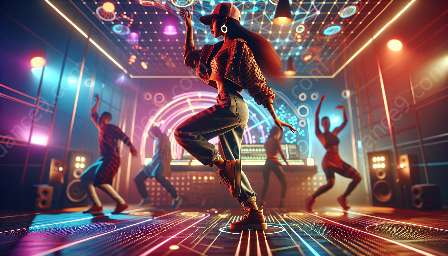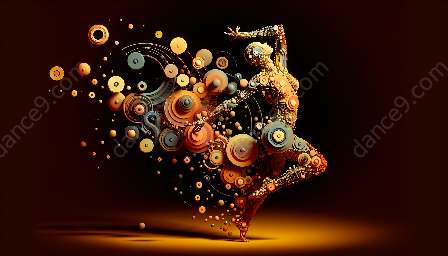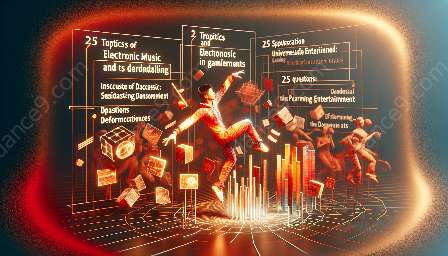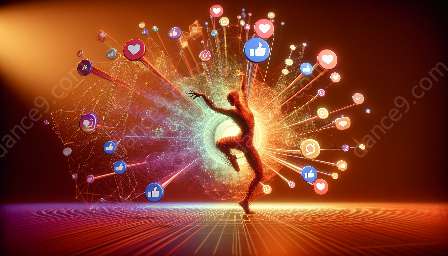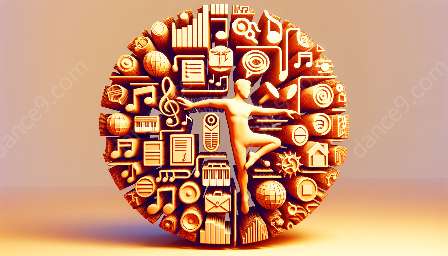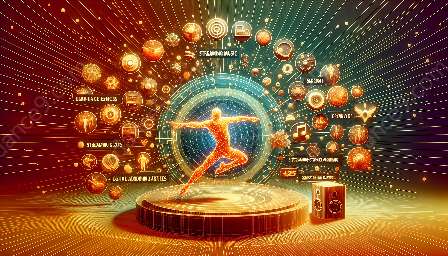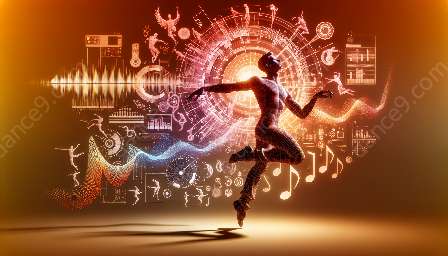Electronic music has become a prominent feature of public performances and festivals, but its use is subject to various regulations and laws. Understanding these regulations and the rights surrounding dance & electronic music is essential for artists, event organizers, and music enthusiasts.
Understanding Dance & Electronic Music Rights and Law
Dance & electronic music is a creative expression that involves a blend of sound and technological innovation. The rights and laws governing this musical genre encompass various aspects, including copyright, performance rights, licensing, and intellectual property protection.
Copyright Protection for Electronic Music
Copyright law plays a crucial role in protecting the original works of electronic music artists. When a piece of music is created, it is automatically protected by copyright, granting the creator exclusive rights to reproduce, distribute, and publicly perform the work. Artists and producers can also register their music with copyright offices to further establish their rights.
Performance Rights and Licensing
Public performances and festivals involving electronic music must adhere to performance rights and licensing regulations. Performance rights organizations, such as ASCAP, BMI, and SESAC, play a significant role in managing the performance rights of music creators. Event organizers are required to obtain proper licenses for the public performance of copyrighted music to ensure that artists receive fair compensation for the use of their work.
Intellectual Property Protection
Electronic music equipment, samples, and digital creations may also be subject to intellectual property protection. Understanding the rights and laws surrounding intellectual property is crucial for electronic music producers and artists, as it safeguards their creative assets from unauthorized use and infringement.
Regulations for Public Performances and Festivals
When it comes to using electronic music in public performances and festivals, multiple regulations come into play. These regulations can vary by region and jurisdiction, but they generally cover aspects such as noise ordinances, permits, and event management.
Noise Ordinances
Local authorities often impose noise ordinances to regulate the volume and duration of music played at public events. Event organizers must adhere to these ordinances to avoid noise complaints and legal repercussions. Understanding the specific noise regulations in a given area is essential for planning successful electronic music performances and festivals.
Permits and Licensing
Obtaining the necessary permits and licenses is critical for conducting public performances and festivals. These permits may include general event permits, permits for amplified sound, alcohol permits, and vendor licenses. Adhering to the legal requirements for permits and licensing ensures that events featuring electronic music comply with local laws and regulations.
Event Management and Safety Regulations
Besides music-specific regulations, event organizers must also consider broader event management and safety regulations. These regulations encompass crowd control, emergency procedures, fire safety, and security measures to ensure the well-being of attendees and the successful execution of electronic music events.
Conclusion
The use of electronic music in public performances and festivals is subject to a diverse range of regulations and laws, encompassing copyright, performance rights, licensing, and event-specific regulations. By understanding and adhering to these regulations, artists, event organizers, and music enthusiasts can navigate the legal landscape effectively while promoting the vibrant and dynamic culture of dance & electronic music.

